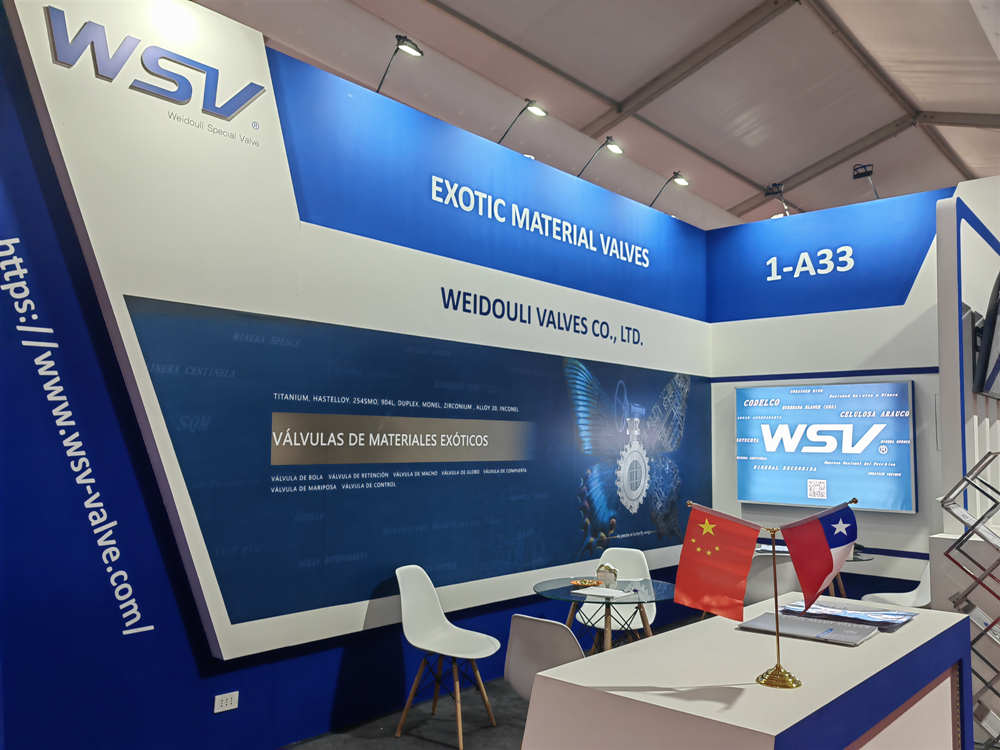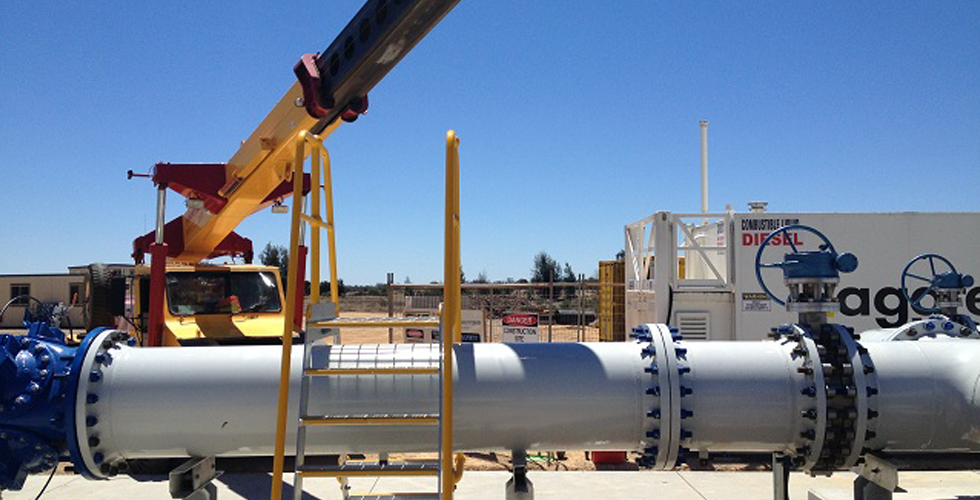Electric motors are crucial in the operation of water treatment plants, where they drive pumps, compressors, and filtration systems that ensure clean and safe water is supplied to communities. The efficiency and reliability of these motors are vital to the plant’s overall performance. This article discusses the role of quality electric motors in water treatment facilities and how geonets contribute to improving environmental conditions and supporting water infrastructure.
How do electric motors function in water treatment plants?
Electric motors are used in various stages of the water treatment process, from pumping water into the treatment plant to powering the filtration and chlorination systems. These motors drive pumps, compressors, and other critical machinery that regulate water flow and ensure water quality meets safety standards.

What are the benefits of quality electric motors in water treatment plants?
Quality electric motors improve the efficiency, reliability, and longevity of water treatment systems. By ensuring that machinery runs smoothly, these motors help reduce maintenance costs and prevent downtime. The ability to maintain consistent water flow and treatment ensures that water is always available and safe for consumption.
How do energy-efficient electric motors benefit water treatment operations?
Energy-efficient electric motors reduce electricity consumption, which is especially important in water treatment plants that operate 24/7. Lower energy usage translates to reduced operational costs, making the treatment process more affordable and sustainable. Additionally, energy-efficient motors contribute to a smaller carbon footprint, supporting the environmental goals of water treatment facilities.
How do geonets enhance water treatment plant infrastructure?
In water treatment plants, geonets can be used to improve drainage around filtration systems, treatment ponds, and reservoirs. By optimizing water flow and preventing soil erosion, geonets help maintain the stability and integrity of the plant’s infrastructure. Proper drainage also prevents flooding and ensures that electric motor-powered systems, such as pumps and filtration units, operate effectively without water interference.
Quality electric motors are integral to the reliable and efficient operation of water treatment plants, ensuring that clean water is continuously supplied to communities. These motors help reduce maintenance costs, improve system reliability, and lower energy consumption. When combined with geonets, which enhance water drainage and soil stability, electric motors contribute to the long-term sustainability and effectiveness of water treatment operations.
